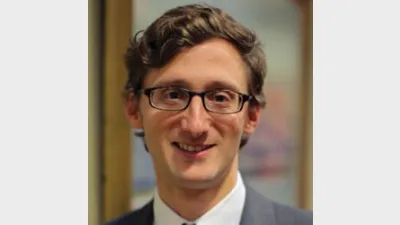Country selection key to accessing EM growth story



Investors are recognising the growth potential of investing in emerging market (EM) economies when compared to more developed nations, according to JO Hambro Capital Management fund manager Paul Wimbourne.
Up until recently, EM markets have been characterised by the 'boom/bust' scenarios of the 1990s when countries like Argentina, Venezuela and Zimbabwe were all seen as sensible EM investments, he said.
Currently, however, EM nations have much stronger balance sheets, with more positive growth opportunities and lower debt ratios at the government, corporate and consumer levels, Wimbourne said.
He said in relation to the recently launched BT Global Emerging Markets Opportunities Fund - the first BT-branded product to be managed by JO Hambro - that the key to EM investing was to take a top-down approach by focussing on country selection.
"What we look to do is get 50 per cent of our value-add from country selection and 50 per cent from stock selection," he said.
He added that the portfolio, with a selection of 50 stocks, was quite concentrated because it was important to focus on the sustainability of long-term economic growth, monetary policy, market liquidity, currency, governance and equity market valuations.
"For example, in China at the moment we like the consumer side of the economy - we continue to see wage growth, particularly in the low-end wage level and that's really good for low-end consumption," he said.
"One thing we will continue to see is a growth premium in EM - even if developed markets do manage to pick themselves up, I think you'll see emerging markets pick up even faster."
Recommended for you
Ethical super fund Australian Ethical has announced the appointment of Anthony Lane as chief operating officer.
The structural shift towards active ETFs will reshape the asset management industry, according to McKinsey, and financial advisers will be a key group for managers to focus their distribution.
ASIC has warned that practices across the $200 billion private credit market are inconsistent and, in some cases, require serious improvement.
A surge in electricity prices has driven the monthly Consumer Price Index to its highest level in a year, exceeding forecasts.










